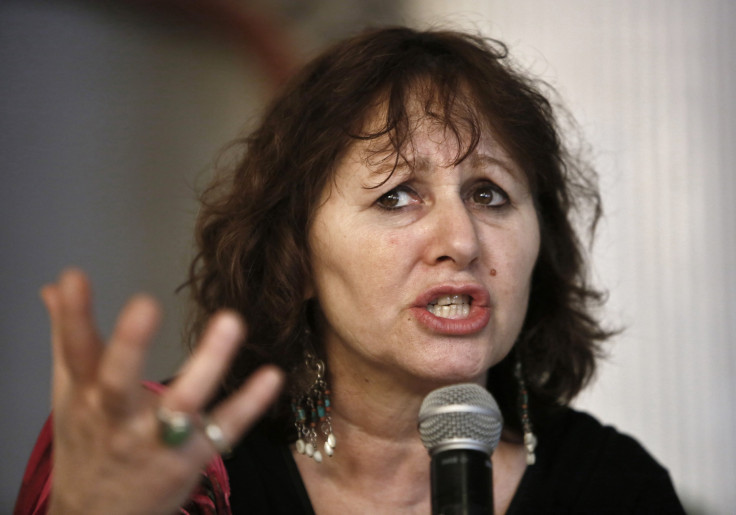India’s Daughter: BBC Documentary On Delhi Gang Rape Banned In India, Airs In The UK

Update as of 3:30 a.m. EST: India's Home Minister Rajnath Singh said Thursday that the government will take action against BBC for the broadcast of its documentary, in the U.K., about the 2012 Delhi gang-rape of a 23-year-old woman, after the Indian government banned it in India.
"We had asked to not release the documentary, but BBC still released it, and we will investigate and the MHA (Ministry Of Home Affairs) will take action accordingly... The conditions have been breached so action will be taken accordingly. I won't comment any further on it," Singh said, according to NDTV, a local news network.
Original story:
A controversial BBC documentary titled “India’s Daughter,” featuring an interview with one of the men convicted in the 2012 gang rape of a 23-year-old woman in New Delhi was aired by the network in the U.K. on Wednesday night after India banned the film. The documentary, by British filmmaker Leslee Udwin, sparked outrage in India because of the attacker's misogynistic remarks blaming the woman for the rape.
BBC reportedly said, in a statement, that the "intense level of interest" in the film had led to its decision to air the film in the U.K., and that it would not show the documentary in India. The victim, who was dubbed “Nirbhaya” (meaning “fearless” in Sanskrit), was gang-raped in a moving bus in the country’s capital on Dec. 16, 2012. She later died of internal injuries at a Singapore hospital, and the case triggered a mass movement in India with millions calling for an overhaul of the country's justice system.
"This harrowing documentary, made with the full support and co-operation of the victim's parents, provides a revealing insight into a horrific crime that sent shock waves around the world and led to protests across India demanding changes in attitudes towards women,” BBC said, in a statement, according to NDTV, a local news network. "The film handles the issue responsibly and we are confident the programme fully complies with our editorial guidelines."
India's Home Minister Rajnath Singh had said in parliament on Wednesday that the documentary was a "conspiracy to defame India" and that the government would make efforts to prevent its telecast in other countries. As of Thursday, however, the documentary was available for viewing from India on YouTube.
The United Nations too weighed in on the issue Thursday, and called the attacker's remarks, made public in a transcript released earlier this week, “unspeakable.”
"I'm not going to comment on the unspeakable comments that were made by the person accused of raping this girl, but I think the secretary-general has spoken very clearly on the need to halt violence against women and on the need for men to get involved in halting violence against women and decrying it loud and clear every time it occurs," U.N. Secretary-General Ban Ki-moon's spokesman Stephane Dujarric told reporters.
The documentary, which includes interviews with the gang-rape victim’s parents, defense lawyers and one of the convicts in the case, was initially scheduled for a worldwide premiere on March 8 to mark International Women’s Day. However, various sections of Indian society, including rights activists, protested against the film's release citing the remarks of Mukesh Singh, one of the accused men, who was interviewed in the film.
“A girl is far more responsible for rape than a boy,” Singh reportedly says in the film. “A decent girl won’t roam around at 9 o’clock at night. ... Housework and housekeeping is for girls, not roaming in discos and bars at night doing wrong things, wearing wrong clothes.”
In an interview with NDTV on Thursday, the woman's father questioned the ban on the documentary’s screening, stating that the attacker’s remarks only served to reveal the mindset of certain sections of Indian society.
"Everyone should watch the film. If a man can speak like that in jail, imagine what he would say if he was walking free," he said. "The documentary exposes what is happening." However, he added: "If the country has taken a decision, we have to accept it.”
© Copyright IBTimes 2025. All rights reserved.




















